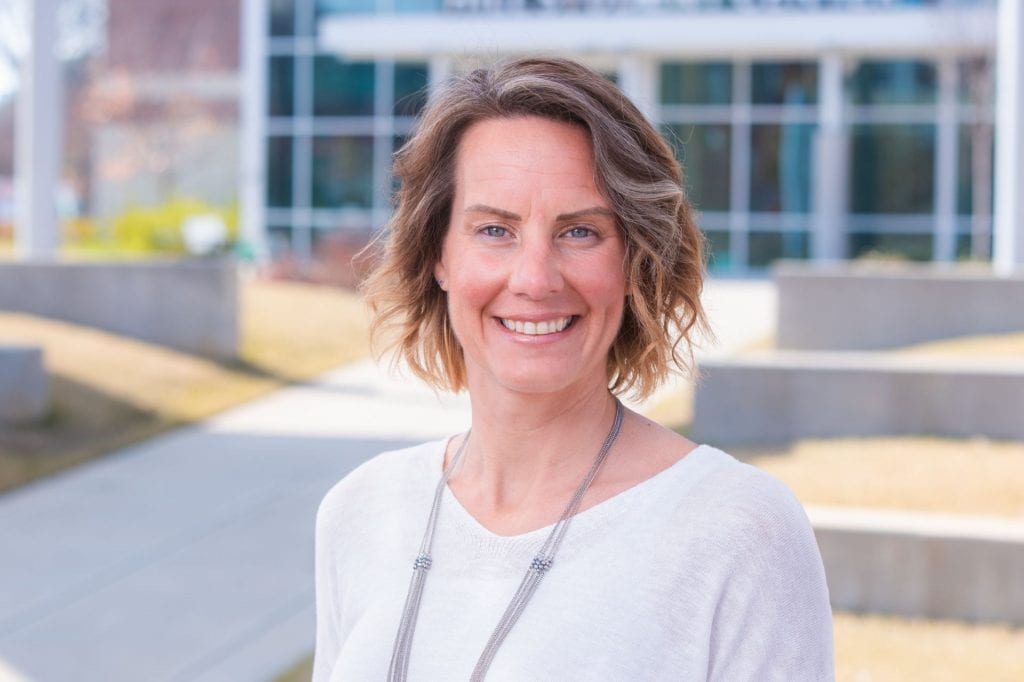Dr. Elliot Lefkowitz joins us for a podcast to talk about Mpox, the Monkey Pox Virus, and how genetic mutations affects not only the effectiveness of viruses but how they are named and how scientists reach these conclusions.
This podcast is presented by the Alabama Regional Center for Infection Prevention and Control Training and Technical Assistance. Thank you to our co-sponsor for this podcast, the Alabama Public Health Training Network at the Alabama Department of Public Health a community-based training partner of the Region IV Public Health Training Center.

Professor, Microbiology, UAB, Executive Committee Member, International Committee on the Taxonomy of Viruses




